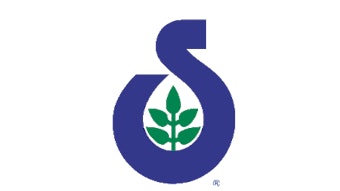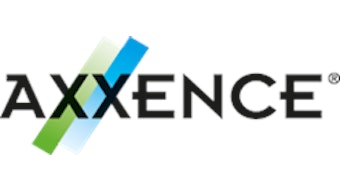Walmart has announced the details of its sustainability index, a measurement system used to track the environmental impact of products which includes a new consumables chemicals initiative, as well as outlined key initiatives where it can use its size and scale to help address “hot spots” and accelerate progress in supply chain sustainability.
"We’ve reached an acceleration point where we are moving from measurement to results. We’re starting to really drive progress with the index,” said Walmart president and CEO Mike Duke. “This is about trust and value. Using less energy, greener chemicals, fewer fertilizers and more recycled materials – all of this – is the right thing to do for the planet and it’s right for our customers and our business.”
Walmart provided an overview of its new consumables chemicals initiative, describing how it is working with suppliers to reduce or eliminate the use of priority chemicals used in consumables products in favor of greener alternatives. It will begin with household cleaning, personal care, beauty and cosmetic products, asking suppliers to transition to greener substitutes for priority chemicals.
In addition, starting in Jan. 2014, Walmart will begin to label its private brand cleaning products in accordance with the U.S. Environmental Protection Agency’s recommended Design for the Environment (DfE) Safer Product Labeling program, and will continue to assess the applicability of DfE as Walmart expands it to broader product areas.
Providing an update on the company's sustainability index, Walmart said the index has been rolled out across 200 product categories, and to more than 1,000 suppliers. By the end of this year, the company expects the index will expand to include more than 300 product categories and as many as 5,000 suppliers. Since the index rolled out broadly to Walmart product categories in August 2012, the company said it has shown a consistent trend of improved product sustainability.
For example, Walmart’s general merchandise department has improved its index product sustainability score by an average of 20%; grocery department by an average of 12%; and consumables and health and wellness by an average of 6%.
Based on the insights and data from the index, Walmart has been working with suppliers, nonprofits, industry experts and government to develop and implement solutions that address critical “hot spots” and opportunities across the global supply chain. Its major initiatives underway include increasing the use of recycled materials by working with cities to increase plastic recycling and with suppliers to increase the use of recycled content and make packaging more recyclable. Changes in packaging are already being implemented in product categories such as beverage, over-the-counter drugs, dairy creamers and berry containers.
Walmart will expand the sustainability index and measurement to international markets with the goal of improving product sustainability at the global level. Walmart Chile and Walmart Mexico will launch the index in their respective markets in 2014. In addition, South Africa’s Massmart has begun to include key Index questions in its supplier sustainability surveys.









